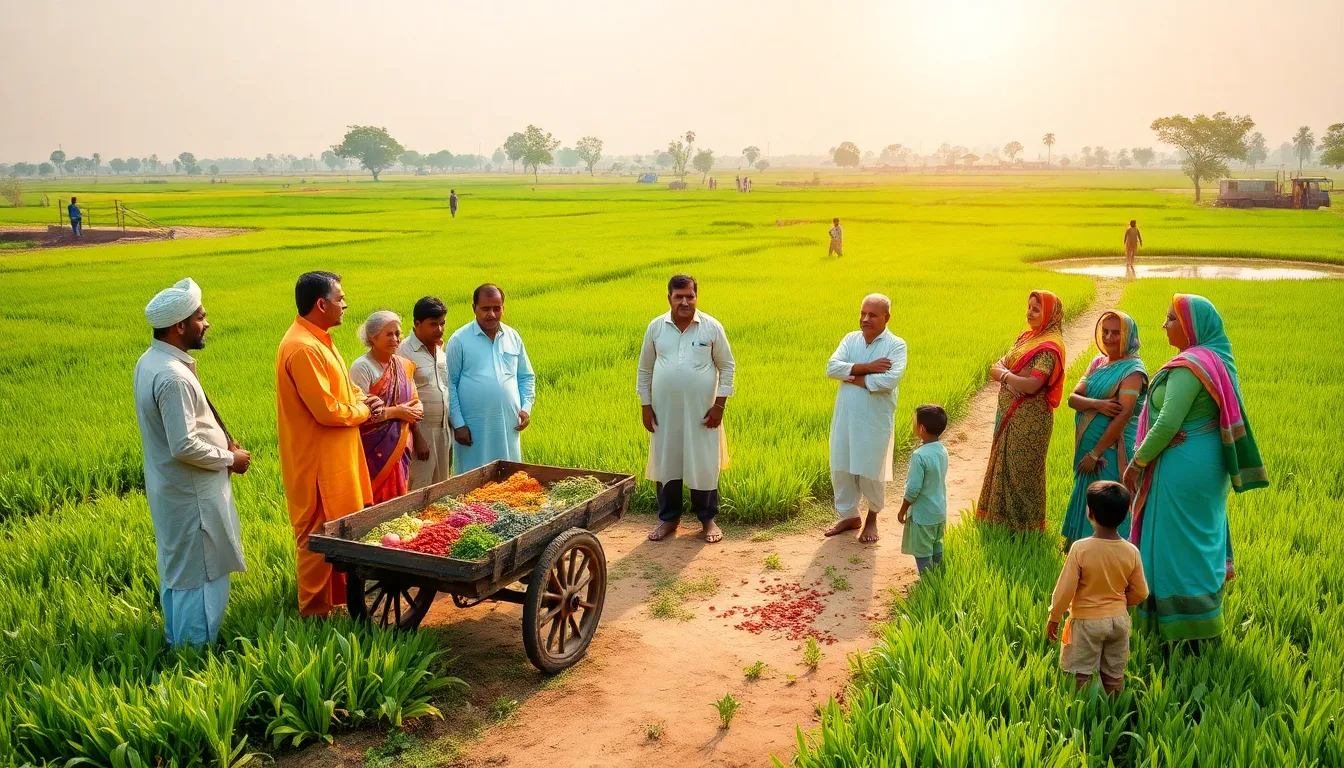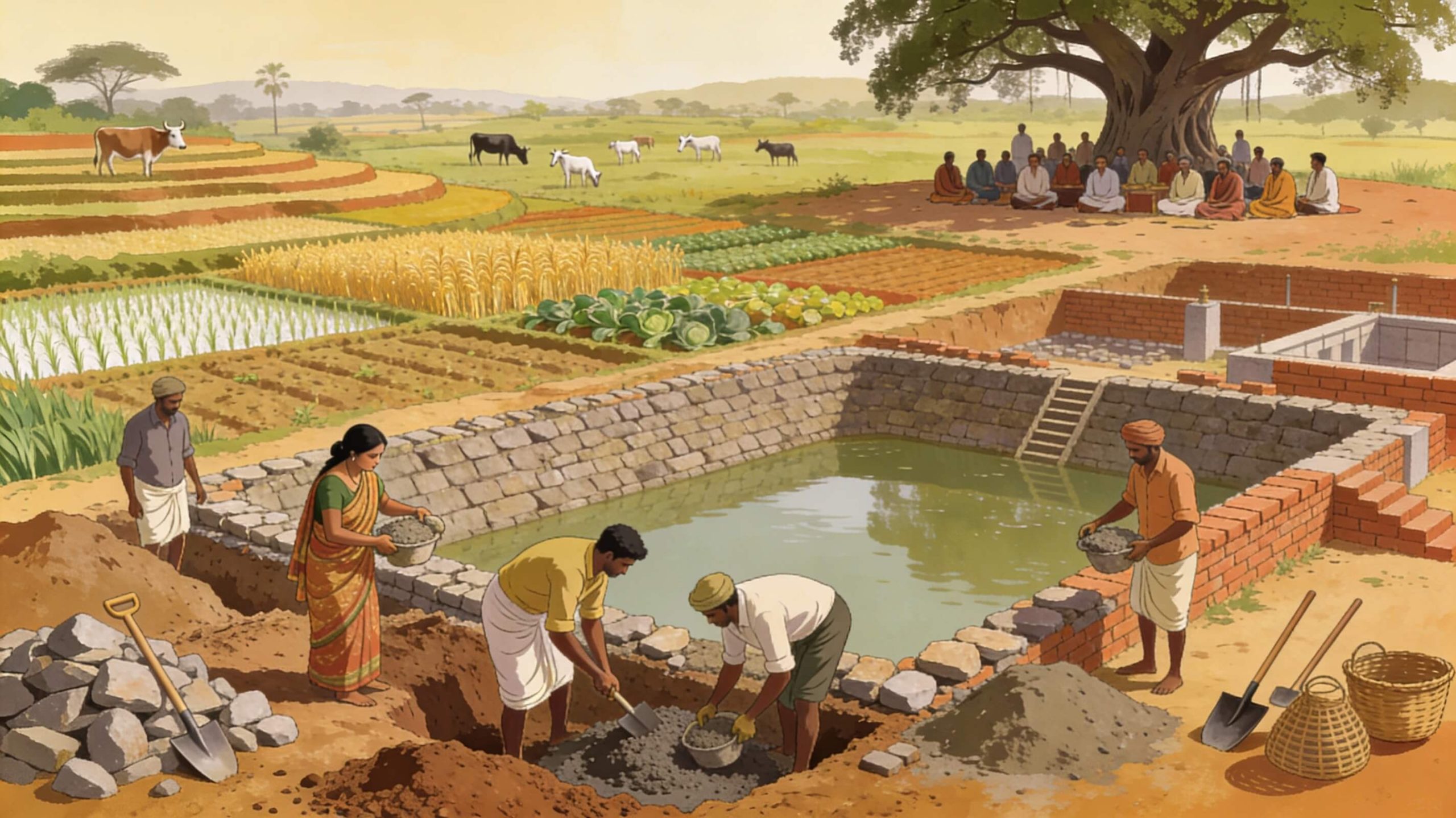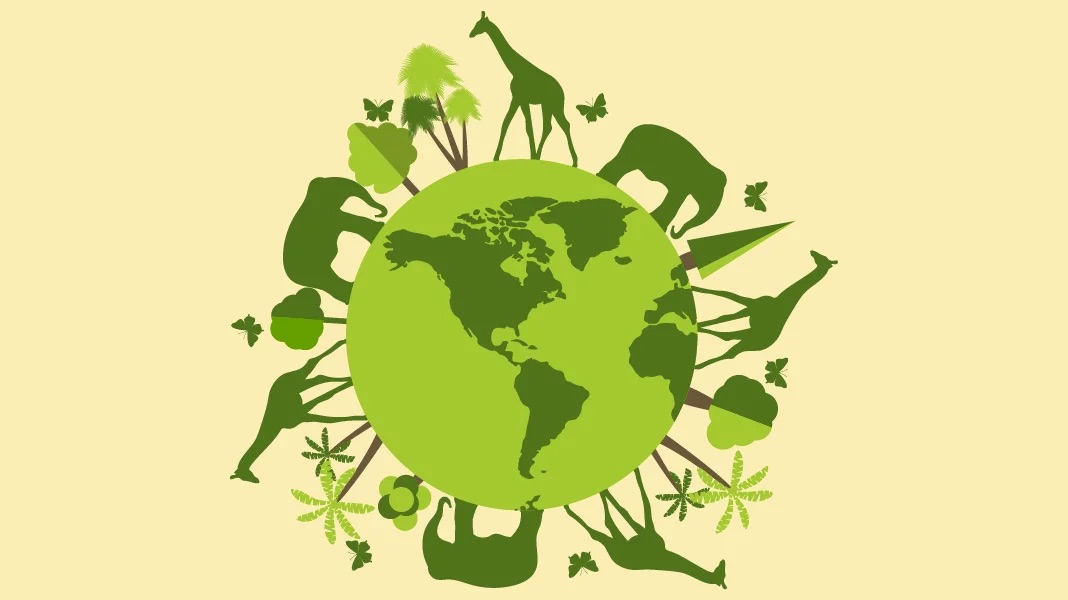The Viksit Krishi Sankalp Abhiyan (VKSA) is a significant agricultural campaign launched by the Indian government. It aims to connect farmers with modern agricultural technologies and practices. The campaign started on May 29, 2025, in Puri, Odisha, and will continue until June 12, 2025. During this period, it seeks to reach over 1.5 crore farmers across more than 700 districts.
Union Minister of Agriculture, Shivraj Singh Chouhan, leads this campaign. He emphasizes the need for farmers to adopt new methods and technologies to enhance their productivity and income. The initiative is designed to bridge the gap between scientific research and everyday farming practices. It focuses on educating farmers about modern techniques that can help them manage their crops better.
One key aspect of VKSA is promoting the use of Soil Health Cards. These cards help farmers understand the nutrient status of their soil. With this information, they can make informed decisions about the crops to plant and the fertilizers to use. This practice is essential for sustainable agriculture and can significantly improve yields.
The campaign involves direct engagement with farmers. Experts from various agricultural research institutions, including the Indian Council of Agricultural Research (ICAR), are visiting villages to share their knowledge. They are providing guidance on many topics, such as water conservation, pest management, and climate-resilient farming. This hands-on approach is crucial for helping farmers adapt to changing environmental conditions.
In addition to these educational efforts, the VKSA also addresses the economic aspects of farming. The government is working to ensure that farmers receive fair prices for their produce. This is vital for improving their livelihoods and encouraging them to invest in their farms. The campaign aims to reduce production costs while increasing the quality of products.
Shivraj Singh Chouhan has been actively visiting different states to meet farmers. He has highlighted the importance of farmer feedback in shaping agricultural policies. During his visits, he has stressed that policies should be designed based on the needs and experiences of farmers, rather than solely by bureaucrats. This farmer-centric approach is intended to empower farmers and make them active participants in decision-making.
The VKSA also focuses on post-harvest management. Farmers are educated about the losses they can face after harvesting their crops. Techniques for better preservation, such as using zero energy cool chambers, are being shared. This knowledge can help farmers maintain the quality of their produce and reduce waste.
Furthermore, the campaign aims to promote natural farming practices. These methods can help improve soil health and reduce dependency on chemical fertilizers and pesticides. By adopting natural farming, farmers can not only enhance their productivity but also contribute to a healthier environment.
Chouhan has reiterated the government’s commitment to enhancing agricultural productivity and sustainability. The VKSA aligns with the Prime Minister’s vision of ‘Lab to Land’, which aims to transform scientific knowledge into practical applications for farmers. This initiative stands as a testament to the government’s efforts to modernize agriculture and ensure food security for the nation.
As the VKSA progresses, it is expected to bring about significant changes in the agricultural landscape of India. The campaign not only empowers farmers with knowledge and resources but also fosters a sense of community among them. By working together, farmers can overcome challenges and improve their livelihoods, contributing to a developed and prosperous Bharat by 2047.





